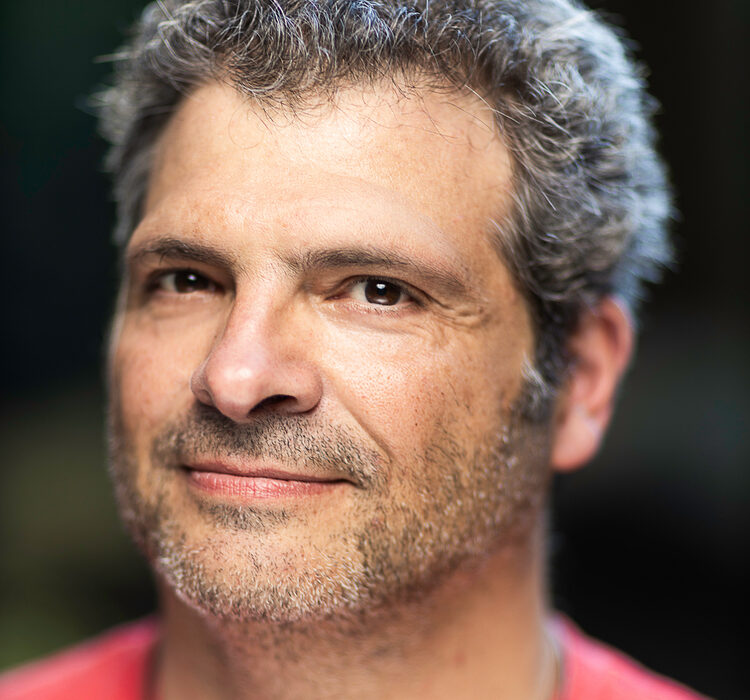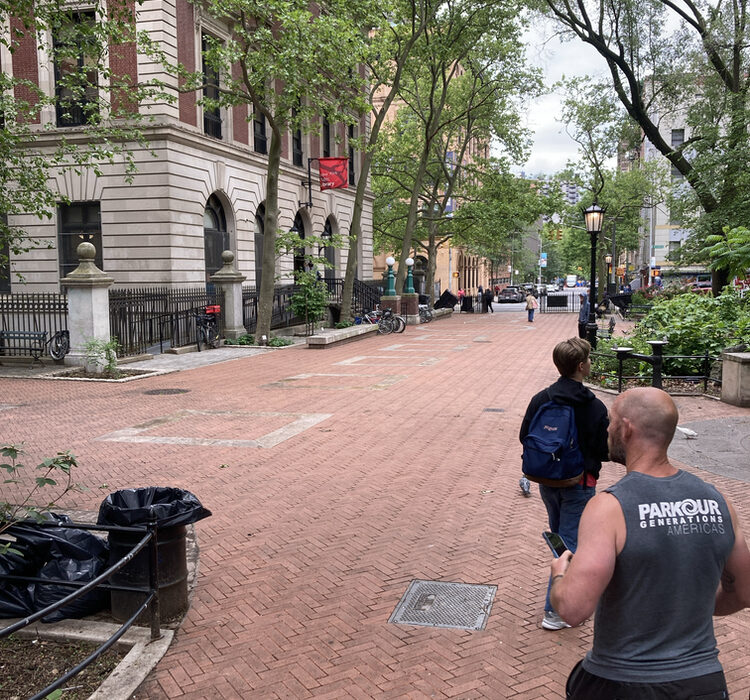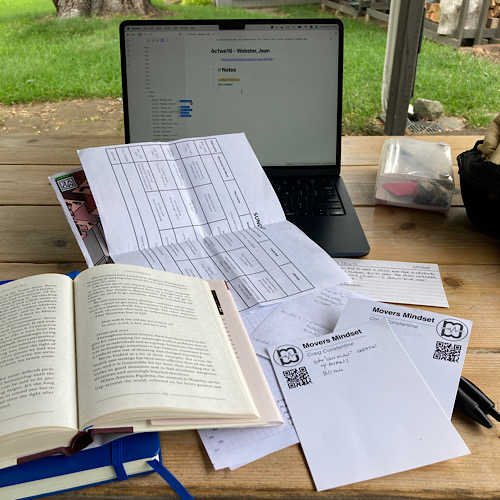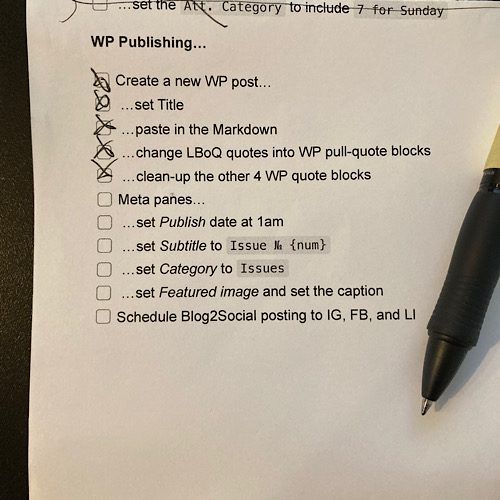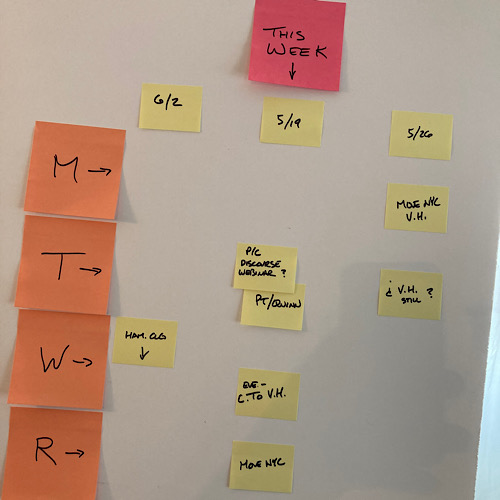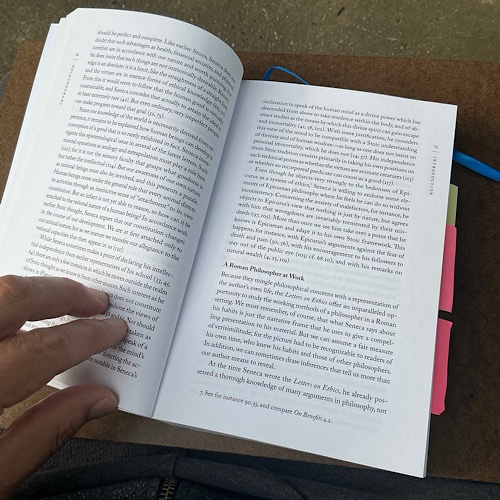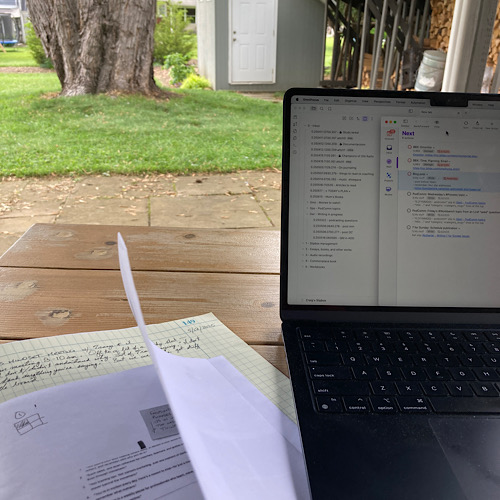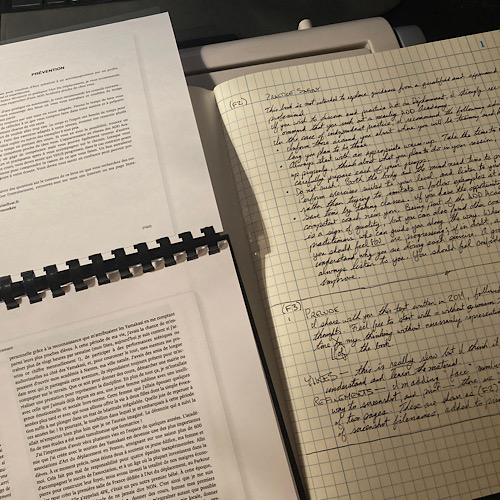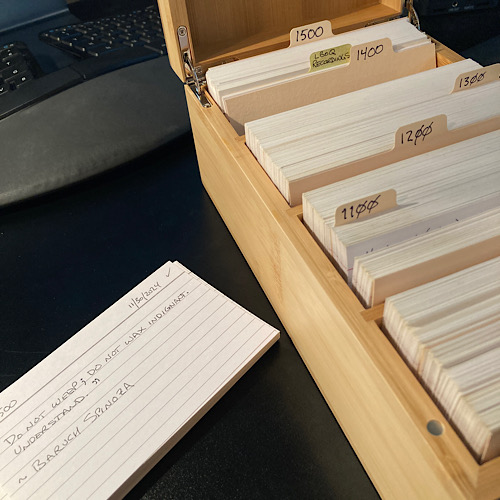People are getting a little desperate. They might not show their best elements to you. You must never lower yourself to being a person you don’t like. There is no better time than now to have a moral and civic backbone. To have a moral and civic true north. This is a tremendous opportunity for you, a young person, to be heroic.
~ Henry Rollins
slip:4a1540.

